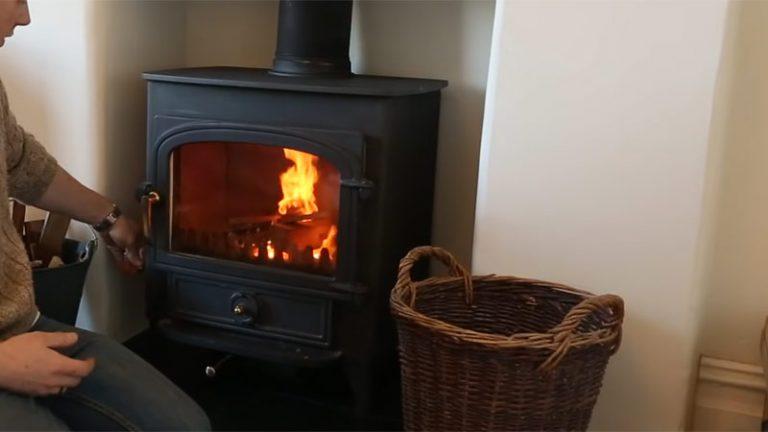Can I Use 10/3 Wire for a Stove? Or 1/2? Choose Right Wire
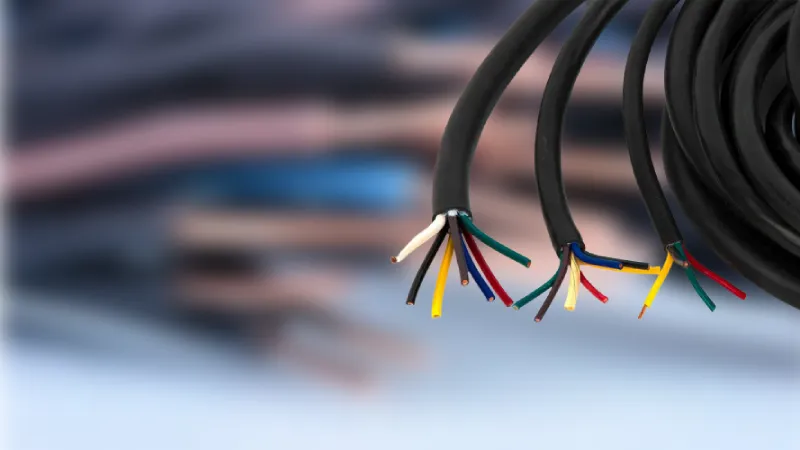
Installing a stove in your home requires careful planning and attention to detail, including the selection of the proper electrical wiring. It is important to follow the manufacturer’s instructions and consult with a licensed electrician to ensure the safety of your appliance and home.
One question that may come up during the installation process is whether it is acceptable to use 10-2 wire for a stove. In this article, we will explore the characteristics of 10-2 wire and discuss whether it is suitable for use with a stove.
You'll Learn About
Can I Use 10/3 Wire for a Stove?
10/3 wire is not ideal for use with an electric stove for several reasons. The main reason is that 10/3 wire is designed for lower amperage circuits, typically 20 amps or less. An electric stove typically requires a 30 or 50 amp circuit, so 10/3 wire is not adequate for this type of load.
Can’t Handle the High Temperatures
Another issue with 10/3 wire is that it may not be able to handle the high temperatures generated by an electric stove. The wire may overheat and cause a fire or become damaged, which could result in a power outage or the need for expensive repairs.
Not Have Sufficient Insulation
Additionally, 10/3 wire may not have sufficient insulation to meet safety requirements for electrical appliances. It may not be flame-resistant enough or have the necessary insulation thickness to prevent electrical shock and other hazards.
May Not Meet Local Building Codes
Using 10/3 wire for an electric stove may not meet local building codes and electrical regulations. Electrical codes are in place to ensure that installations are safe and meet minimum standards. Using the wrong type of wire may result in fines or even require you to redo the installation, which can be time-consuming and expensive.
In summary, 10/3 wire is not recommended for use with an electric stove due to its insufficient amperage, its potential for overheating, its inadequate insulation, and the possibility of not meeting electrical codes and regulations. It is better to use the appropriate 6/3 or 10/3 with ground Romex NM-B wire for a safe and compliant installation.
Can I Use 10 2 Wire for a Stove?
It is generally not recommended to use 10-2 wire for a stove. Stoves typically require a larger gauge wire to safely handle the high electrical current necessary to operate. Using a smaller gauge wire such as 10-2 could result in overheating and potentially cause a fire.
It is important to follow the manufacturer’s instructions for the proper wire size and installation requirements for your stove. In general, it is always best to consult a licensed electrician for any electrical work to ensure the safety of your home and appliances.
What is 10-2 Wire?
10-2 wire is a type of electrical wire that is commonly used for wiring electrical circuits in residential and commercial buildings. The “10” in 10-2 refers to the wire gauge, which is a measure of the thickness or diameter of the wire.
A lower gauge number indicates a thicker wire, while a higher gauge number indicates a thinner wire. The “2” in 10-2 refers to the number of conductors or wires contained within the insulation. In this case, there are two conductors, one for each of the hot wires in a circuit.
10-2 wire is suitable for use in circuits that have an electrical current of up to 30 amps. This type of wire is often used for lighting and outlet circuits in homes, as well as for wiring appliances such as dryers and ovens. It is important to note that the wire gauge and amperage capacity should be matched to the electrical load of the appliance or circuit to ensure safe and proper operation.
Can 10-2 Wire Be Used for a Stove?
It is generally not recommended to use 10-2 wire for a stove. Stoves typically require a larger gauge wire to safely handle the high electrical current necessary to operate. Using a smaller gauge wire such as 10-2 could result in overheating and potentially cause a fire.
It is important to follow the manufacturer’s instructions for the proper wire size and installation requirements for your stove. In general, it is always best to consult a licensed electrician for any electrical work to ensure the safety of your home and appliances.
Alternative wire sizes that may be suitable for a stove include 8-3 or 6-3, depending on the electrical requirements of the appliance. These wire sizes have a larger gauge and are capable of carrying the higher electrical current needed by a stove. It is important to refer to the manufacturer’s instructions or consult a licensed electrician to determine the proper wire size for your specific stove.
How to Choose the Right Wire?
Choosing the right wire for a stove is important for safety and ensuring that the stove operates properly. When selecting wire for a stove, consider the amperage of the stove, the type of metal used in the wire, the type of insulation on the wire, the presence of a ground wire, the voltage of the circuit, and local electrical codes.
By following these guidelines, you can ensure that your stove is properly wired and that you and your family are safe from electrical hazards.
Electric Range Amperage
The first reason for selecting the appropriate wire for a stove is based on the amperage of the electric range. A 30-amp electric stove requires 10/3 with ground Romex NM-B wire, while a 50-amp electric stove requires 6/3 with ground Romex NM-B wire. Using the wrong wire for the stove’s amperage can cause a fire or overload the circuit, potentially causing a power outage or damaging the stove.
Copper Wiring
Another important factor to consider when choosing wire for a stove is the type of metal used in the wire. Copper is the most common metal used in residential wiring and is the recommended choice for a stove because it is a good conductor of electricity, is durable, and has a low resistance to heat.
Nm-b Wire
The type of insulation used on the wire is also important. NM-B, or non-metallic sheathed cable, is the recommended type of wire for stoves because it is durable, flame-resistant, and has a low melting point. It is also easier to work with than other types of wire, making it a popular choice for residential wiring.
Ground Wire
Having a ground wire in the cable is also important for safety. The ground wire helps to prevent electrical shock and protects against electrical fires. The ground wire is connected to the ground or earth, which provides a path for electrical current to flow in the event of a fault.
Voltage Considerations
The voltage of the circuit is another important consideration when choosing wire for a stove. Black and red wires are hot and carry 120 volts, while white is the neutral wire. The bare wire is the ground wire.
Using the incorrect voltage can cause damage to the stove or even a fire.
Usa Electrical Codes
Finally, it is important to follow local electrical codes and regulations when installing wiring for a stove. In the USA, the National Electrical Code (NEC) sets standards for electrical installations and provides guidelines for safe electrical wiring practices. When installing a stove, it is important to follow these codes to ensure that the installation is safe and up to standards.
Tips for Safely Installing a Stove and Addressing Electrical Wiring Concerns
Here are some additional tips for safely installing a stove and addressing electrical wiring concerns:
Use the Proper Wire Size
As mentioned earlier, it is important to use the proper wire size for your stove to ensure safe and proper operation. Make sure to consult the manufacturer’s instructions or a licensed electrician to determine the correct wire size for your appliance.
Use a Circuit Breaker
A circuit breaker is a safety device that helps to protect your home’s electrical system from overloads and short circuits. Make sure to use a circuit breaker that is appropriately sized for your stove and its electrical requirements.
Use Proper Connections
When connecting wires, make sure to use the appropriate connectors and make sure that all connections are tight and secure. Loose connections can cause overheating and potentially lead to a fire.
Check for Damaged Wiring
Before installing your stove, make sure to inspect the electrical wiring for any visible damage or fraying. If you notice any damage, it is important to replace the damaged wiring before proceeding with the installation.
Follow Proper Installation Procedures
Make sure to follow the manufacturer’s instructions and any local building codes when installing your stove. It is also a good idea to consult a licensed electrician for guidance and assistance.
Things to Do if You Can’t Fix by Yourself
Here are some additional resources that may be helpful when installing a stove or addressing electrical wiring concerns:
Manufacturer’s Instructions
Consult the installation manual or guidelines provided by the manufacturer of your stove to ensure that you are using the proper wire size and following the correct installation procedures.
Licensed Electricians
Contact a licensed electrician for assistance with any electrical work in your home. A licensed electrician will have the knowledge and expertise to safely install your stove and address any wiring concerns. You can find a licensed electrician in your area by searching online or contacting your local electrical contractors association.
National Electrical Code (Nec)
Correct wire size is very important. The NEC is a set of standards and guidelines for electrical installation in residential and commercial buildings. Consulting the NEC can help you ensure that your electrical installations are up to code and meet the minimum safety requirements. You can find the NEC online or purchase a copy from a bookstore or electrical supply store.
Conclusion
It is generally not recommended to use 10-2 wire for a stove. While this type of wire may be suitable for other electrical circuits in your home, it is not adequate for handling the high electrical current necessary for a stove.
Using a smaller gauge wire such as 10-2 could result in overheating and potentially cause a fire, posing a serious risk to your home and appliances. It is important to follow the manufacturer’s instructions and consult with a licensed electrician to ensure the proper and safe installation of your stove.
Proper electrical installation is crucial for the safety of your home and appliances, so it is always best to follow the proper guidelines and protocols.

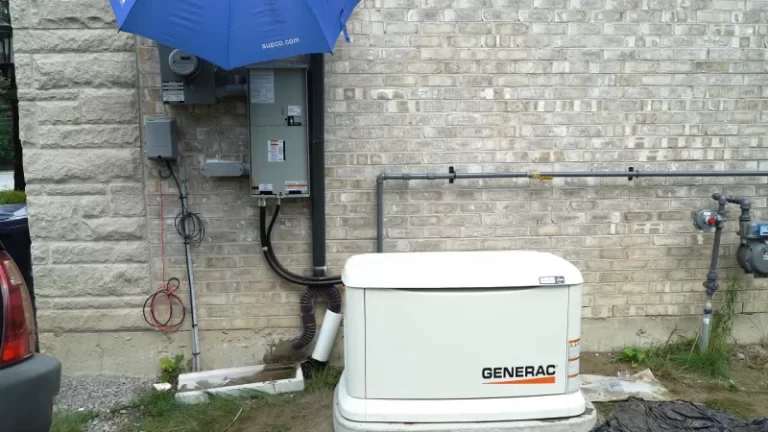
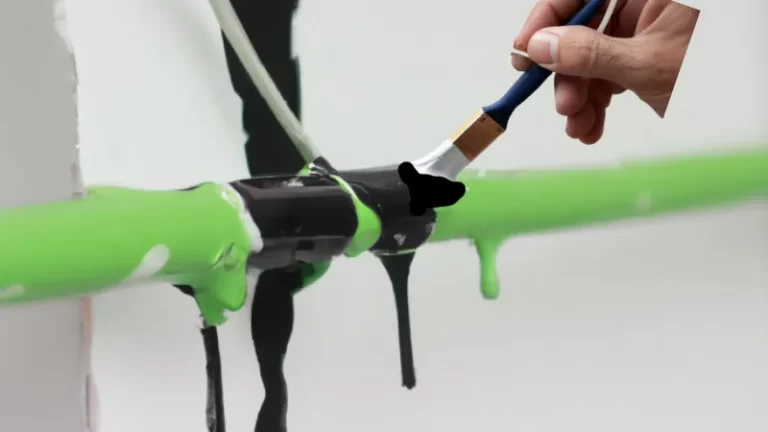
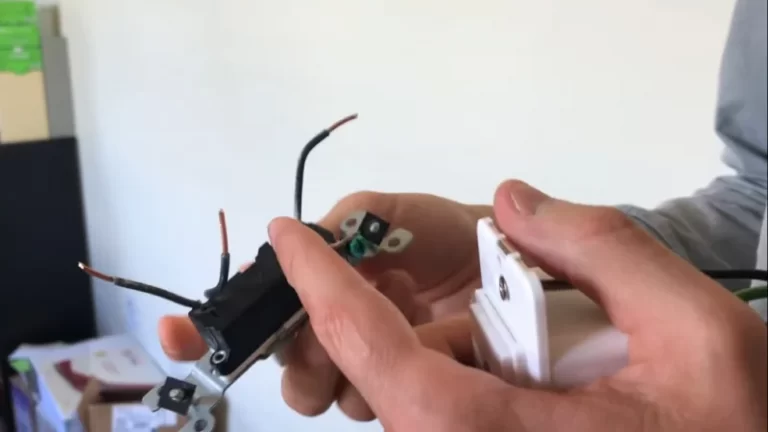
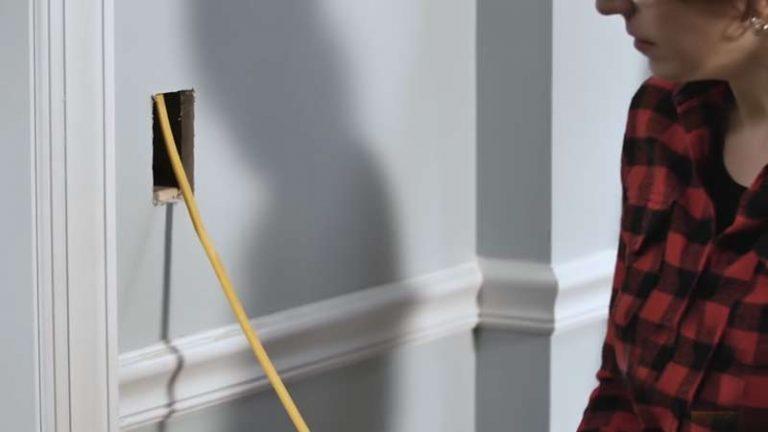
![Splice 10/3 Wire [is Easy to Do]](/wp-content/uploads/2023/02/Splice-10_3-Wire-768x432.webp)
